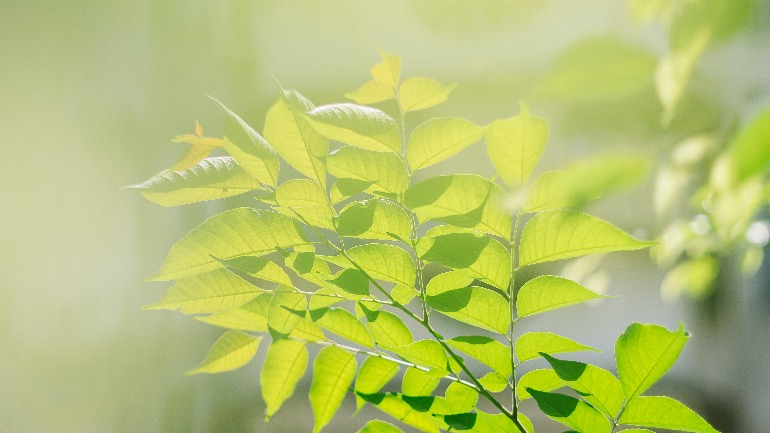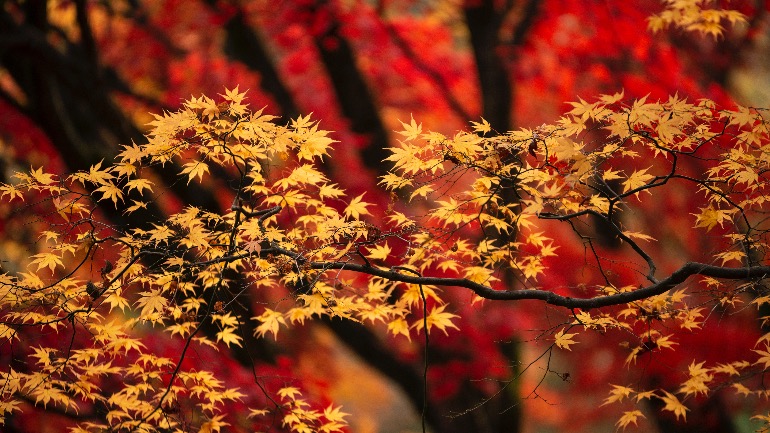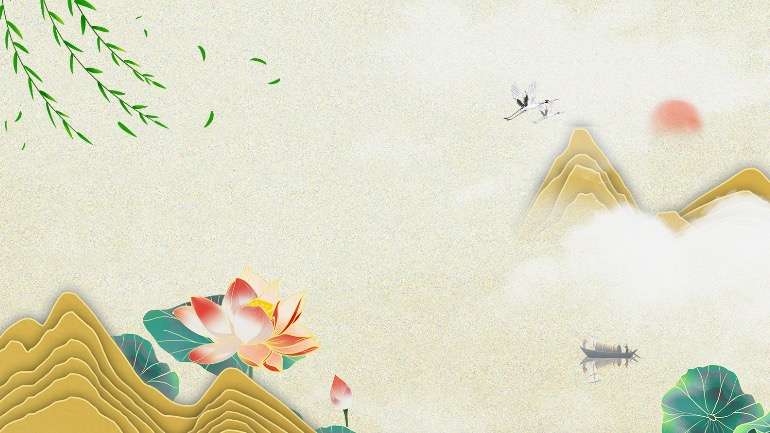If people ask: What is Buddhadharma? Answer: It is wisdom and compassion. What is learning Buddhism about? It is to learn wisdom and compassion.
KHENPO'S BLOG
During the time of the Buddha, there were many non-Buddhist practitioners in India who, with their clairvoyance, saw lifelong virtuous people find rebirth in the hell, hungry ghost, or animal realm instead. They questioned, “If cause and effect was truly infallible, why would virtuous people not end up well?” Hence, they viewed the idea of cause and effect as pure nonsense.
How can a person who has practiced virtue the entire life be reborn in the lower realms? Well, although the person may have been virtuous throughout this life, we do not know anything about this person’s previous lives. Maybe the person has been virtuous in this as well as the last two lifetimes, but it may not be so anymore if we could go back even further. Some negative karma might have been committed many lifetimes ago. From the perspective of the three types of immutable karma, virtuous karma that the person has committed in this life happens to ripen not in the current or the next life, but in the yet known future lives. That is, it may not come to fruition until perhaps hundreds or even thousands of years later.
In our innumerable past lives, had we ever committed this type of immutable karma? The answer is yes. Therefore, we can be as virtuous as we would like in this life, retribution may still await us if we cannot purify all our negative karma of the past. Once this type of karma matures, there is no escape but to bear its effect albeit temporarily. Does this mean that virtuous karma we have accumulated in this lifetime will go to waste? It certainly won’t. They also bear their own fruit. However, if virtuous karma is not powerful enough and ripens slowly, it is possible that we may have to suffer first before enjoying any reward.
Taking refuge is deemed a prerequisite for anyone who wants to learn Buddhism. However, it has never been forced upon anyone. Only those who want to learn the Buddha’s teachings or take up Buddhist practice must comply.
- Quote from The Right View, "The Three Differences"
An analogy used by Maitreya Bodhisattva in the Uttaratantra Shastra aptly defines the Four Noble Truths. When treating any illness, doctors need to take four steps: 1) to ascertain the nature of the illness; 2) to eliminate the cause of the illness, since it would be ineffective to treat only the symptoms; 3) to prescribe remedies; 4) to heal. All doctors must go through this four-step process to treat an illness. Not knowing the cause of the illness, the doctor cannot prescribe a cure. Even knowing the cause of the illness but having no suitable medicine or the requisite pharmacological knowledge, or worse, giving the wrong prescription, the doctor will still be rendered ineffective. Nevertheless, everything that is concerned with treating a patient starts with identifying the cause of the illness. The Four Noble Truths also correspond to the four steps of treating an illness. The nature of suffering is what to be ascertained, the origin of suffering to be eliminated; the path leading to the cessation of suffering is what to be practiced (prescription), the cessation of suffering to be attained (cure).
- Quote from The Right View, "The Four Noble Truths—the Path Out of Samsara"
After performing each virtuous action, dedication must be properly offered as the resulting good karma may likely be destroyed before it ripens.
We often speak of cultivating bodhicitta, of giving happiness and taking suffering; however, when actually faced with problems, we only think of ourselves, and in so doing, suffer the consequences over many lifetimes. This is all due to attachment to self-love. Although ordinary people cannot cut through this attachment right away, it can be gradually reduced with bodhicitta practice.
- Quote from Are You Ready For Happiness? Don't Let the Paper Tiger Scare You Off, "How to Face Suffering"
Nowadays many lay practitioners make it a habit to chant Buddha’s name, burn incense, do prostrations and so forth every day. But please ask yourselves honestly why you do all these. Is it to gain health and longevity for this or next life and to make sure not going to the hell realm? If so, nothing that you do will ever free you from samsara, not if you practice for one hundred, one thousand, or even ten thousand years. Good karma resulted from this kind of motivation cannot be made the cause of liberation. Neither can it yield the fruit of liberation when matured. To practice with such intentions will not result in much virtuous karma other than some temporal benefits like health and long life, or avoiding rebirth in the hell realm.
- Quote from The Right View, "The Three Supreme Methods"
For example, when liberating animals, we should recite the Buddha’s names and mantras for these animals. They cannot understand the Dharma teachings, but we believe the recitation of sutras and mantras will sow seeds of liberation in their minds, and that these seeds will soon mature. By then, they will know how to take the path to liberation and will actively seek out its direction as well.
The Buddha did not deny that material comfort can bring happiness to an extent. The external world affects our happiness and suffering but is not the primary cause of our well-being. Happiness itself does not come from outside, but from the mind. We can find happiness only from within the mind and overcome suffering only by working with the mind. Thus, we should not be deluded into thinking money is the answer to happiness, because it cannot bring total happiness.
- Quote from Are You Ready For Happiness? Don't Let the Paper Tiger Scare You Off, "How to Face Suffering"











